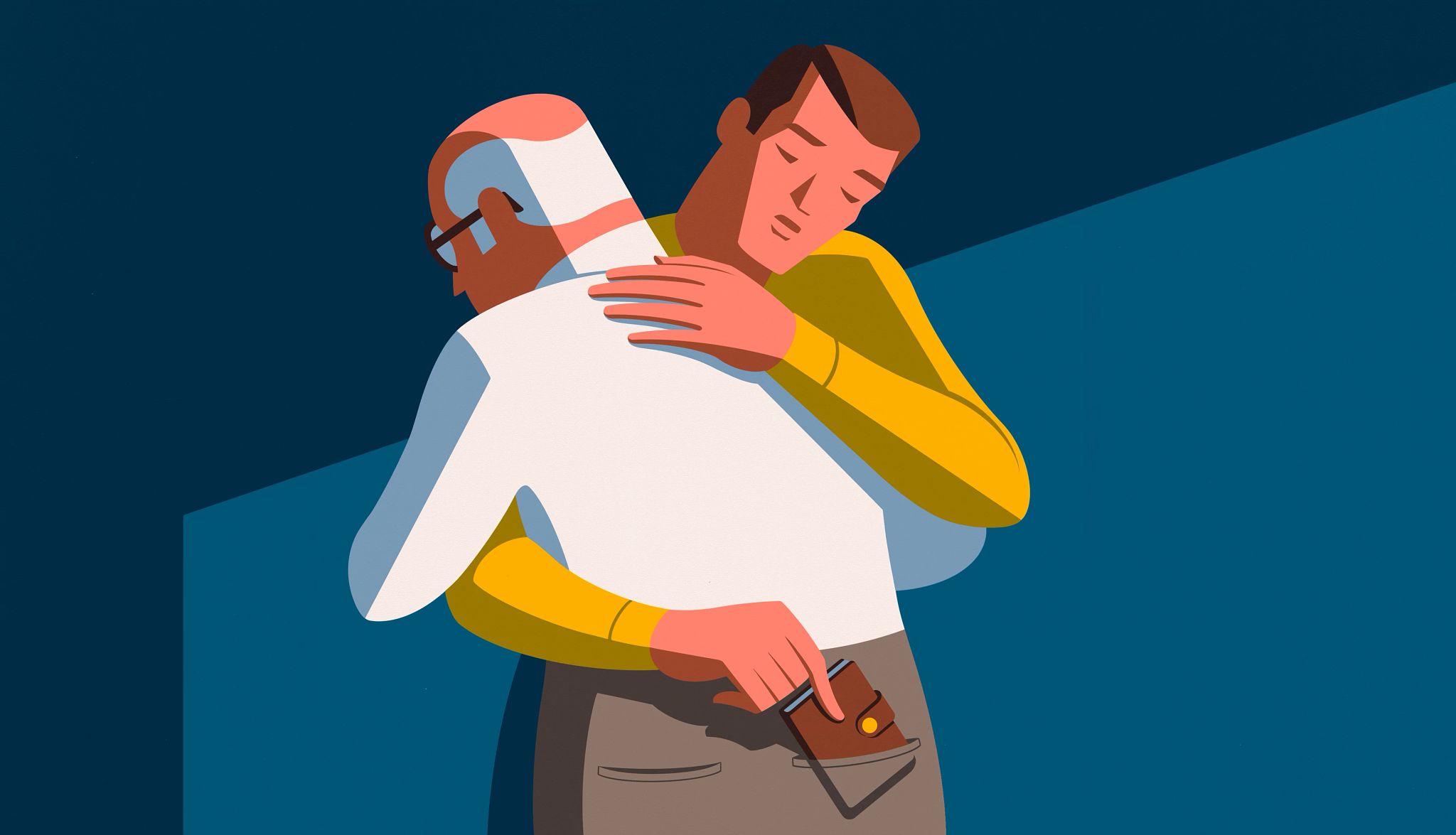
5 ways to prevent elder financial exploitation
- Select a language for the TTS:
- UK English Female
- UK English Male
- US English Female
- US English Male
- Australian Female
- Australian Male
- Language selected: (auto detect) - EN
Play all audios:

A similar option is to give someone you trust view-only access to your account. View-only users can monitor your transactions but not conduct business or access the funds. This is a safer
option than establishing a joint account, where the other person can make withdrawals and your money automatically becomes theirs upon your death. “Never add someone to your bank account or
the title to your property,” advises Joanne Savage, an attorney with AARP’s Legal Counsel for the Elderly, which provides free legal services for older adults in Washington, D.C. Contact
your bank or brokerage or visit its website for information on adding a trusted contract or view-only user to your account. The Financial Industry Regulatory Authority (FINRA), a
nongovernmental body that oversees brokerage firms, requires its members to ask customers to identify a trusted contact when they open or update an account. 3. SIGN UP FOR A SERVICE THAT
TRACKS YOUR BANK ACCOUNTS, INVESTMENTS AND CREDIT CARDS Tech tools such as EverSafe and LifeLock can detect suspicious activity — like missing deposits, unusual withdrawals or abrupt
changes in spending patterns — and notify you and a trusted advocate. These services do more than provide frontline protection in detecting scams, fraud and identity theft — they can also
offer support in recouping any losses. If you do fall victim to fraud, for instance, they can walk you through the steps to take in reporting it and mitigating your losses. In the case of
identity theft, EverSafe will reimburse lawyer fees. 4. STAY IN TOUCH WITH OLDER LOVED ONES A natural consequence of aging can be losing connections through retirement, moves, and the deaths
of spouses, family members and friends. Social isolation, whether brought on by life’s circumstances or physical distancing required by the COVID-19 pandemic, is one of the greatest risk
factors for elder financial exploitation, according to the NCEA. Maintain close contact with family members through regular visits, phone and video calls, emails and texts. Older people
can also avoid loneliness by becoming or staying involved with others through a faith community, volunteer activities or other social groups. 5. GET TO KNOW YOUR LOVED ONE’S CAREGIVERS
Watch out for someone — even a person you thought you or your loved one could trust — who discourages contact with family and friends, exerts pressure on financial decisions or asks for
large sums of money.
